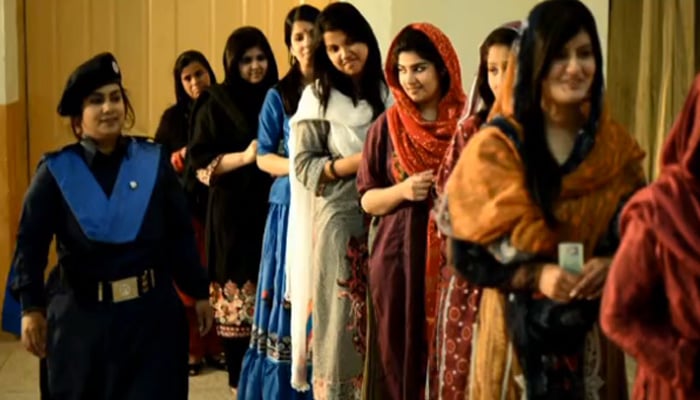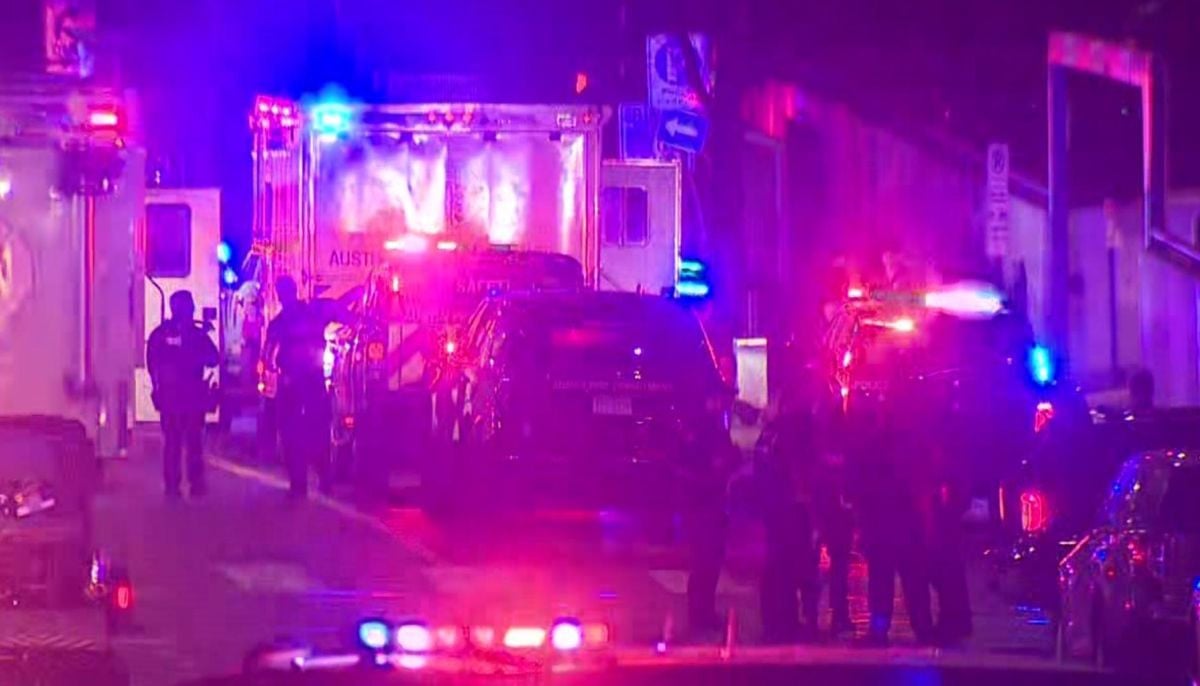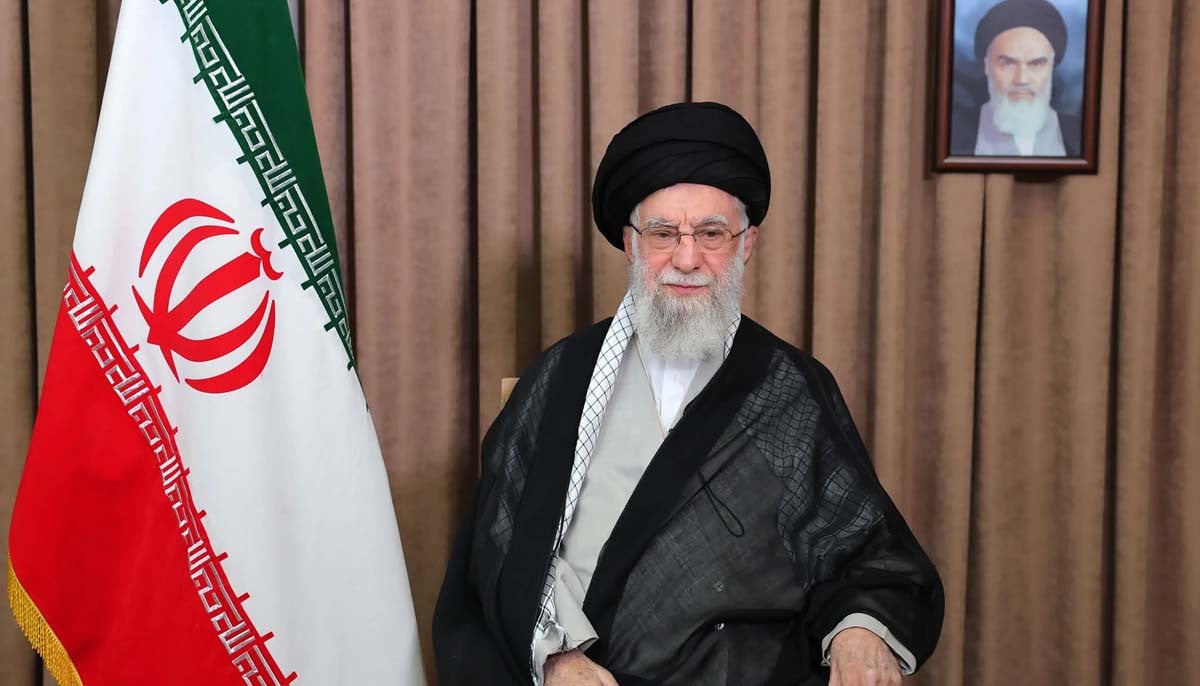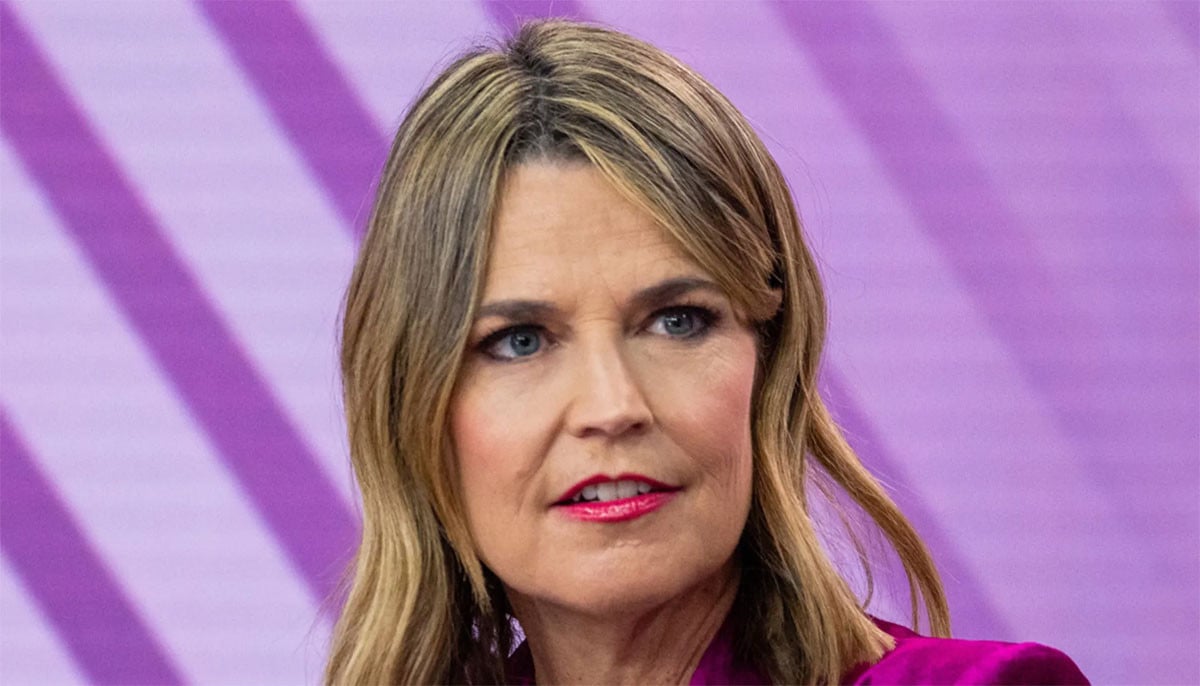Pakistan ranked fourth among worst countries for women: study
According to the latest findings of a study carried by The Women, Peace and Security Index, Pakistan has been ranked the fourth worst country in terms of women’s peace, security, inclusion and justice.
OSLO: According to the latest findings of a study carried by The Women, Peace and Security Index, Pakistan has been ranked the fourth worst country in terms of women’s peace, security, inclusion and justice.
The Georgetown Institute for Women, Peace and Security, in its Women Peace and Security Index, has placed Pakistan on the 150th slot among 153 countries.
The study, conducted in partnership with the Peace Research Institute of Oslo, ranks Iceland as the best country for women with an average index rating of 0.886, followed by Norway and Switzerland with 0.879 and 0.871 rating respectively.
Syrian Arab Republic has been adjudicated as the worst country for women average index rating of 0.385, followed by Afghanistan with 0.385 and Yemen with 0.407. Pakistan skipped being among the top worst three with a rating of 0.441.
As per report, women's average years of schooling in the country stands at only five years, while only 33 per cent of Pakistani women have been found to use cellphones. Only 24pc of Pakistani women are employed, while their share of seats in parliament stands at only 20pc.
The report claims that 1.09 males are born for every female born in Pakistan, which is higher than the 1.05 natural demographic rate, meaning that Pakistanis have a son bias.
the study claims that around 500,000 “missing girls” in Pakistan between 2010-15, which indicates that half a million more female children should have been born in the country during the period.
It also states that 73pc of Pakistani men do not find it perfectly acceptable for women in their family to work outside their homes.
The study estimates that 27 per cent women in the country suffer lifetime intimate partner violence or domestic violence and their perception of community safety stands at 51 per cent.
-
Austin shooting leaves multiple dead, dozens injured
-
US and Israeli strikes on Iran: Everything you need to know
-
US strikes on Iran ignite emergency push for powers legislation: Report
-
What happened to Ayatollah Ali Khamenei's family during US -Israel attack on Iran
-
Talk show host drops hint about Taylor Swift, Travis Kelce wedding date
-
Zach Braff, Sarah Chalke explain J.D. and Elliot twist in 'Scrubs' revival
-
Rumours about 'ambitious' Savannah Guthrie dismissed
-
China cuts anti-dumping duties on Canadian oil imports after final trade decision












